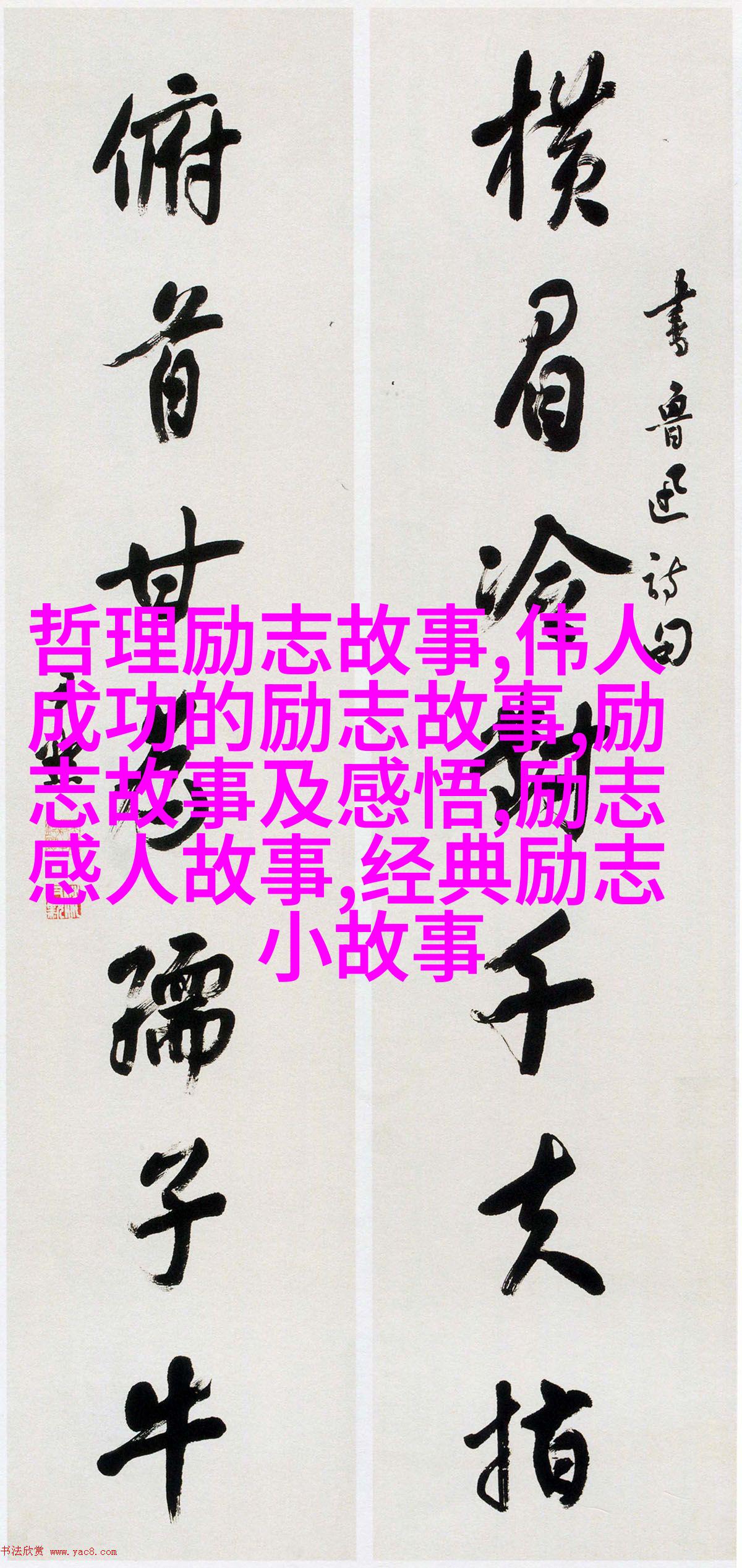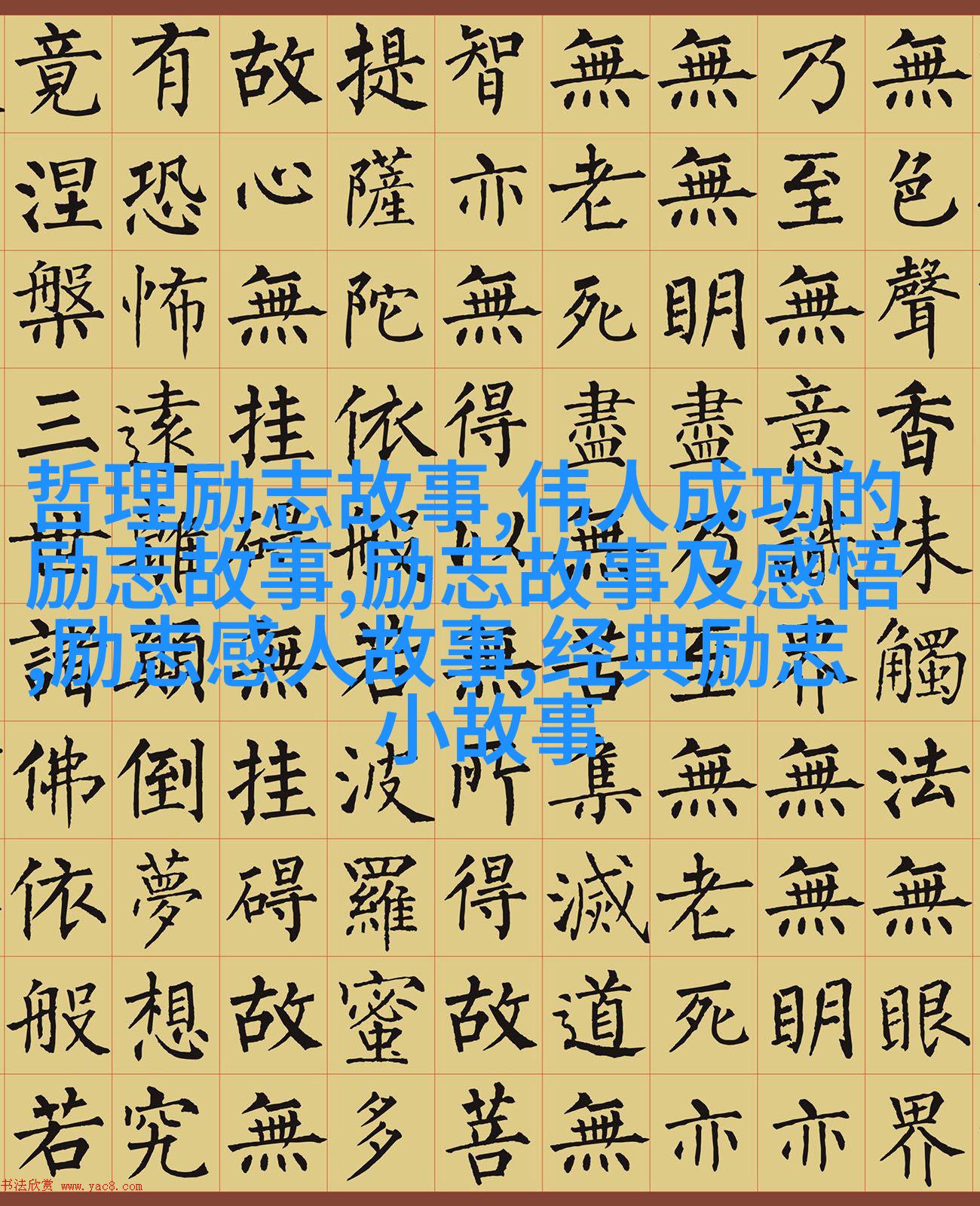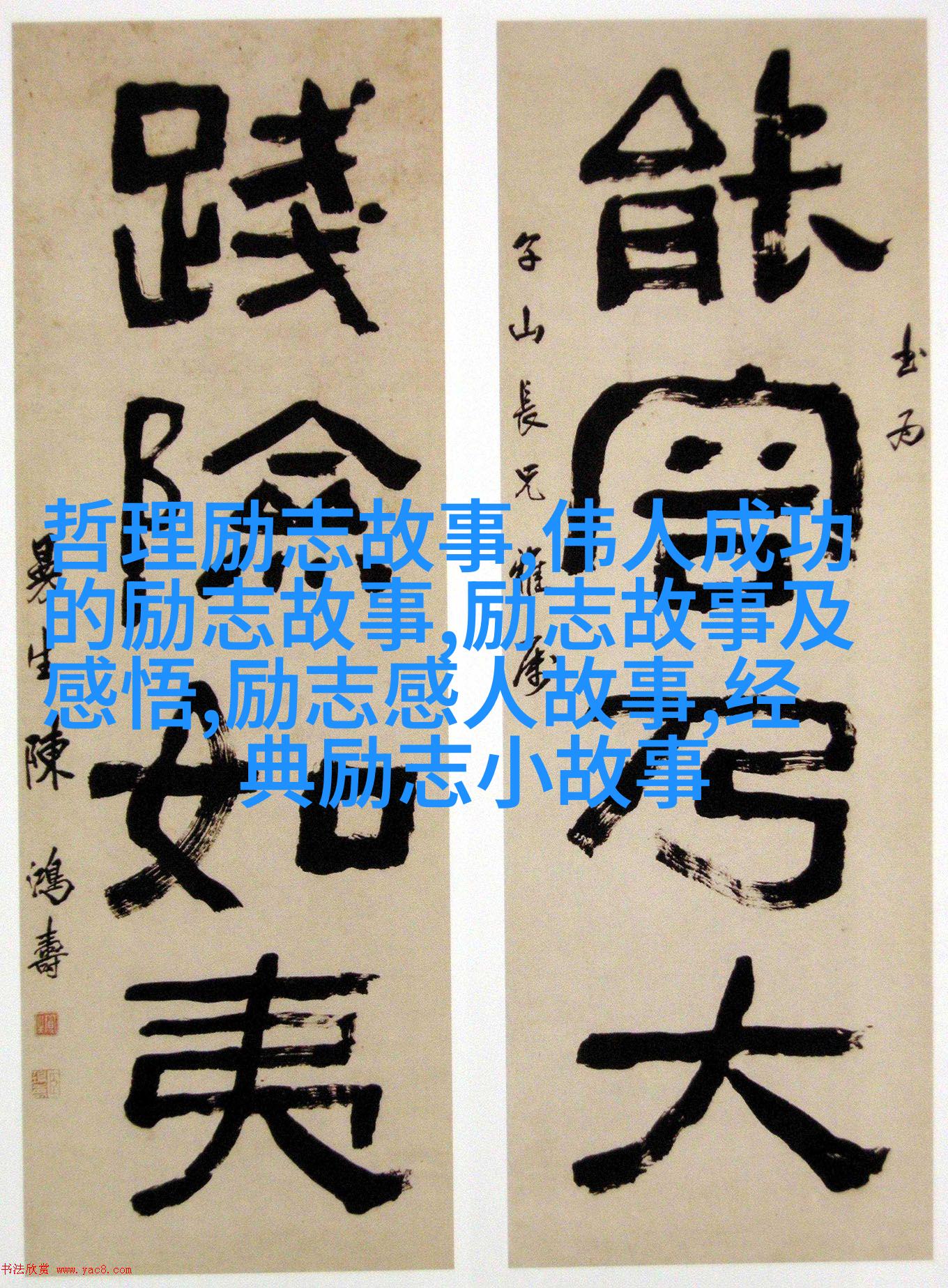11月21日,《全球商业》和《商业周刊》采访团队一行六人,抵达位于香港中环的长江集团中心。在警卫团的森严戒备下,我们踏入直抵顶层第70楼的电梯。这栋楼高283米,由世界著名建筑师Cesar Pelli设计,以蓝绿色玻璃帷幕包裹,比邻的就是中国银行(601988.SH)香港分行和汇丰银行等地标大楼。

长江实业大厦顶层,居高临下,足可俯瞰与香港历史、文化密不可分的维多利亚港,这里,正是长江实业主席李嘉诚遥控55国企业的跨国指挥总部。
李嘉诚在1950年创业,57年来,他从未遇过一年亏损,历经两次石油危机、文化大革命、亚洲金融风暴,他的企业却能横跨55个国家,从“塑料花大王”走向“地产大王”,未来更可能变成“石油巨擘”。

作为Forbes排名全球十大富豪、华人首富的李嘉诚,对他并不算陌生;他捐资筹办汕头大学和长江商学院,是商界菁英和社会所熟悉;坊间也不乏以“李嘉诚学”为名的商业管理书籍陈列书摊,但皆非李嘉诚最真实的一面。为了取得第一手关于李嘉诚的心灵记录和对话,《全球商业》特别企划了本次专题,将结合姐妹刊《商业周刊》的采访资源,用心制作呈现你所不知道的情境故事封面报道。
为了安排这次采访,我们与李嘉诚幕僚邮件往来超过150封,加上越洋电话难以计数。其幕僚作业高度缜密,因为极度重视风险控管的人,不喜欢意外。

现在,就请读者们和采访团队,一起听我讲述我57年的日不落经营哲学……《全球商业》:大家都很好奇,你从22岁开始创业做生意,从未有亏损,而且还一步步成为华人首富。如何在大胆扩张中,不翻船?
Li Ka-shing: Think about failure before success, that's my philosophy. I always think about the worst-case scenario when I'm making a decision. It's like driving a boat in calm weather, you need to prepare for stormy weather too.

I spend 90% of my time thinking about failure and how to avoid it. That's why I've never had a year of losses in my business career. When you're prepared for the worst, you can handle any situation.
The key is to be cautious and prepared. You need to have a plan B, C, and D when things go wrong. It's not just about being successful; it's also about being ready for failure.

My motto is "prevention is better than cure." If you can prevent something from happening, do so before it happens. Don't wait until it happens and then try to fix it.
When I was starting out in business, I was very careful with my finances because I knew what it was like to be poor. So even though we were successful at times during our expansion into new markets or industries, we still made sure we had enough cash reserves on hand.
It doesn't matter how much money you have if you don't manage your finances well.
So that's how I approach risk management – by always thinking ahead and preparing for all possible outcomes.
In conclusion:
Always think about the worst-case scenario.
Be cautious but not paralyzed.
Have multiple contingency plans.
Manage your finances carefully.
These are the lessons from Li Ka-shing’s 57 years of experience as an entrepreneur.
Now let me share some insights on his entrepreneurial journey:
1. From plastics manufacturing (the "plastic flower king") to real estate development (the "property king"), Li Ka-shing has demonstrated his ability to adapt and evolve as an entrepreneur.
2. He has successfully navigated through numerous economic downturns including two oil crises (1973-74 & 1980), cultural revolution in China (1966-76), Asian financial crisis (1997-98).
3. His company Longji Group operates globally across more than 50 countries
4. His investment strategies include diversification across various sectors such as property development (Longji Properties), hotel operations (Hilton Hotel Hong Kong)
